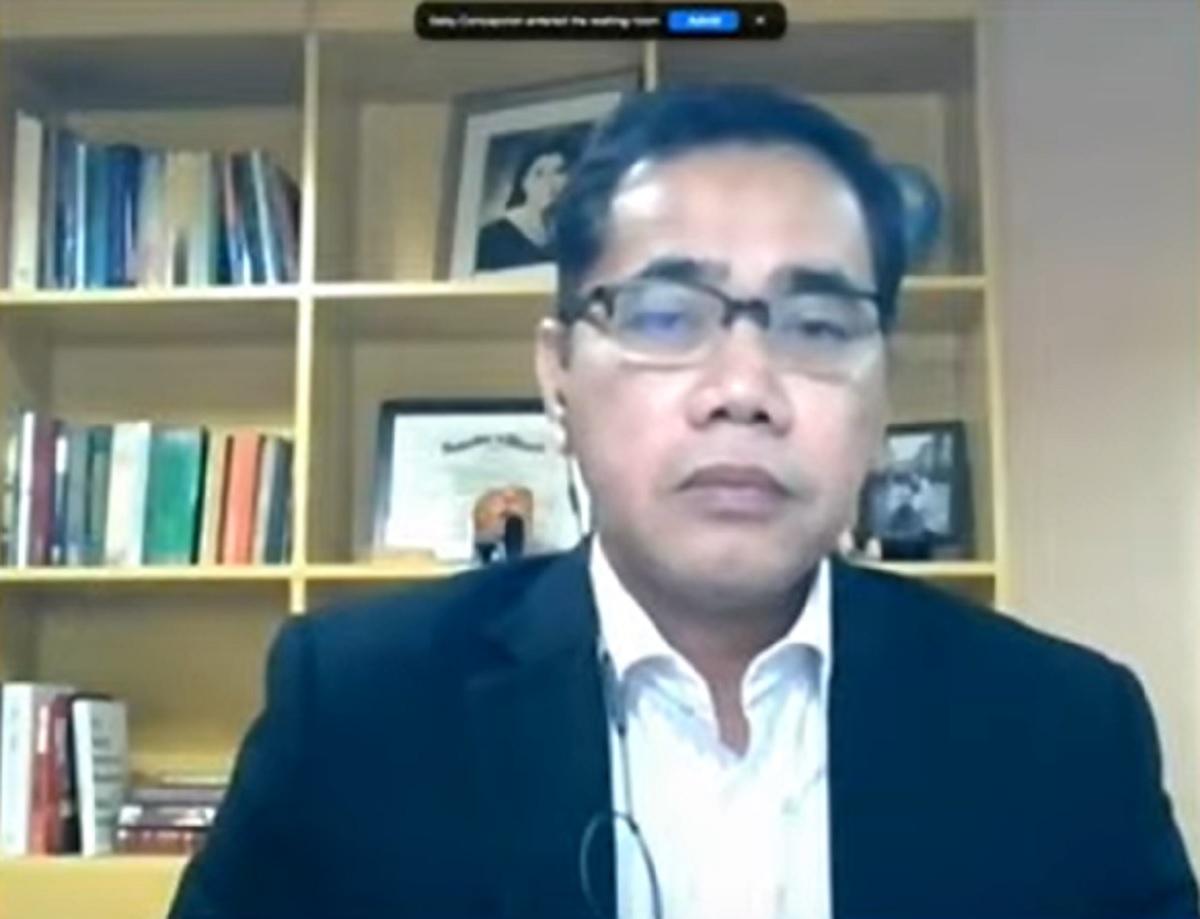
A Department of Education official said Friday that resuming face-to-face classes amid the COVID-19 pandemic will not necessarily mean regaining lost learning.
DepEd Undersecretary Nepomuceno Malaluan was responding to UNICEF’s call to resume face-to-face classes, with UNICEF executive director Henrietta Fore saying that the “education crisis is still here, and with each passing day that classrooms remain dark, the devastation worsens.”
Fore also said that the “losses that students are incurring from not being in school may never be recovered.”
“It is slight misleading because countries which reopened face-to-face classes did not do so in full scale, and also encountered problems. Resuming face-to-face classes will not resolve all the matters because there is a real danger that reopening of schools might start an outbreak,” Malalauan said in a Super Radyo dzBB interview.
“This is not a simple task. UNICEF should also show the other side that those which resumed face-to-face classes are not in full scale, and there are even those going back to online learning in the United States due to Delta variant (of coronavirus),” he added.
Malaluan then said DepEd and the Health department are still working on guidelines for safe reopening of face-to-face classes.
“We acknowledge the need to reopen schools, especially among kindergarten to Grade 3 given that they are most impacted with lack of social interaction amid the pandemic,” he said.
“We are developing guidelines, but this has to be approved by the President (Rodrigo Duterte),” he added.
Duterte is yet to decide on resuming face-to-face classes so far, saying he does not want to gamble on the safety of children.
Likewise, the government is yet to authorize COVID-19 vaccination for those aged 17 and below due to lack of vaccine supply.
UNICEF suggested taking the following measures in safely reopening face-to-face classes amid the pandemic which include:
- implementing mask policies for students and staff in accordance with national and local guidelines;
- providing handwashing facilities and/or hand sanitizer;
- frequently cleaning of surfaces and shared objects;
- ensuring adequate and appropriate ventilation;
- cohorting (keeping students and teachers in small groups that do not mix); staggering start, break, bathroom, meals and end time; and alternating physical presence;
- establishing information sharing mechanisms with parents, students, and teachers; and
- teachers being prioritized to receive the COVID-19 vaccine, after frontline health workers and those most at risk, to help protect them from community transmission.
—AOL, GMA News

0 Comments